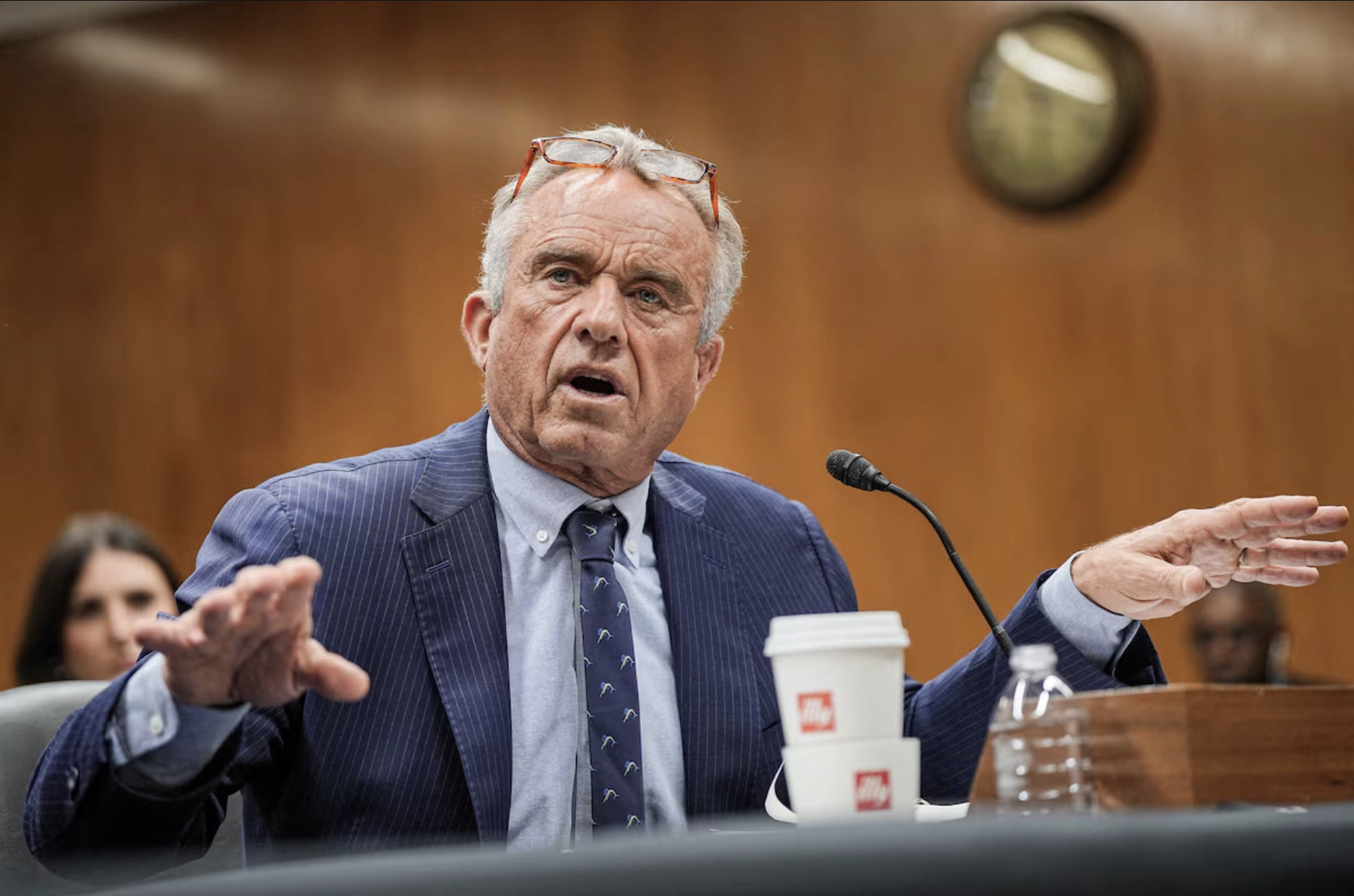On 19/8, the AAP recommended that all children aged 6-23 months should receive the Covid-19 vaccine to avoid serious complications. The organization stated that children under 2 are particularly vulnerable to severe Covid-19 and should be prioritized for vaccination.
However, in May, US Health Secretary Robert F. Kennedy Jr. posted a video on X claiming that "there is no clinical data to justify multiple Covid-19 vaccinations in healthy children." At the same time, the Centers for Disease Control and Prevention (CDC) also dropped its recommendation for Covid-19 vaccination for all children 6 months and older, but still recommends vaccination for children with underlying medical conditions.
"Much of what we've seen from the Secretary is a clear strategy to sow doubt about vaccines," said Sean O'Leary, chair of the AAP's Committee on Infectious Diseases. "Our recommendations are based on what's best for children's health."
 |
US Department of Health and Human Services Secretary Robert F. Kennedy Jr. during a Senate Finance Committee hearing at Capitol Hill, Washington, on 20/5. Photo: Reuters |
US Department of Health and Human Services Secretary Robert F. Kennedy Jr. during a Senate Finance Committee hearing at Capitol Hill, Washington, on 20/5. Photo: Reuters
Tensions escalated when, on 20/8, Kennedy countered the AAP's recommendation as "business-friendly" and accused the organization of receiving money from vaccine manufacturers. He demanded that the AAP disclose its "complex relationships" so Americans can question whether the recommendations truly reflect public health interests or are just a "pay-to-play scheme to advance Big Pharma's commercial ambitions."
AAP President Susan Kressly responded, "This attack on the integrity of pediatricians is unfortunate but doesn't change the facts. We are transparent about our funders, adhere to strict conflict-of-interest rules, and maintain safeguards for the independence of our guidance."
CDC research data from 10/2022 to 4/2024 showed that over half of children aged 6-23 months requiring intensive care for Covid-19 had no underlying medical conditions. However, overall, most infected children experience mild symptoms and hospitalization rates are low. Health officials acknowledge the difficulty in measuring vaccine effectiveness in young children due to low vaccination rates.
In June, Kennedy dismissed all 17 members of the Advisory Committee on Immunization Practices (ACIP). This was the first time in history an entire national medical advisory committee was replaced. Of the 7 replacement members appointed by Kennedy, 4 had publicly criticized the widespread use of Covid-19 vaccines. Most recently, Kennedy cut $500 million earmarked for mRNA technology research.
The division between the AAP and the CDC – two organizations aligned for the past three decades – reflects the severity of the crisis. The AAP stated their schedule "differs from recent ACIP recommendations, which have been overhauled and replaced with individuals who have a history of spreading vaccine misinformation."
ACIP member Retsef Levi, who has condemned mRNA vaccines, criticized the AAP's recommendation on X. The post was re-shared by Robert Malone, another ACIP member, with similar criticisms.
The new ACIP made no recommendations regarding Covid-19 in its first meeting in late June. According to industry personnel and CDC officials who requested anonymity, a special meeting on Covid-19 vaccines might not occur until mid-September.
Meanwhile, the Food and Drug Administration (FDA) has signaled it will not authorize new Covid-19 vaccines for healthy children – typically released in late summer. This decision could create a significant gap in child health protection as the fall and winter respiratory illness season approaches.
My Y (According to Washington Post, Politico)












